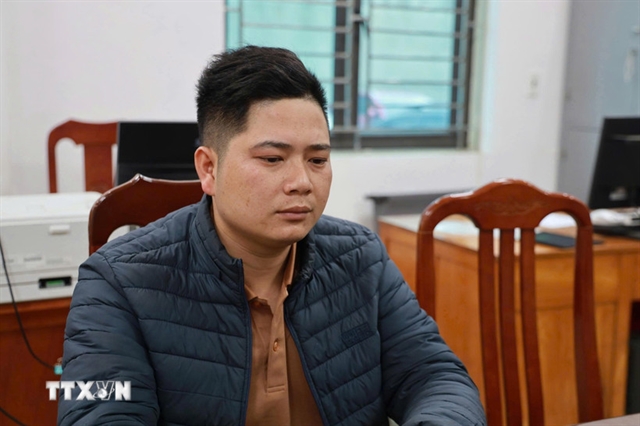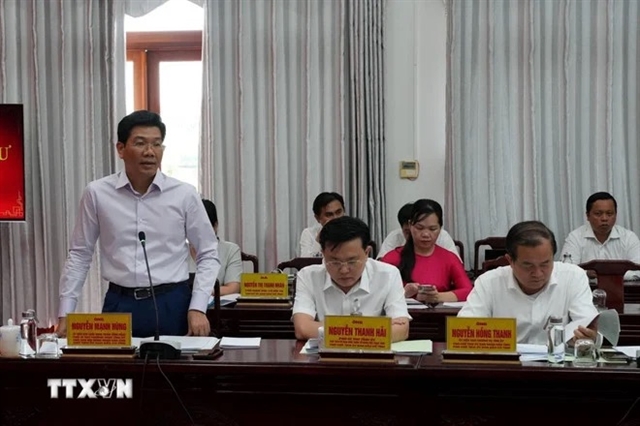 Society
Society

 |
| Hồng Đức University in Thanh Hóa Province is one of the successful cases in talent retention for its lecturers. — Photo hdu.edu.vn |
THANH HÓA — As the number of quality lecturers becomes a growing issue among universities, especially local ones, higher education institutions have been taking new approaches to retain their talent.
While many schools have come up with effective mechanisms that not only keep their lecturers but also attract others, limited resources remain an obstacle for numerous universities.
Hồng Đức University in Thanh Hóa Province is one of the successful cases, with more than 42 per cent of its lecturers holding a doctoral degree, higher than the national average of about 30 per cent.
The university’s dean Dr Bùi Văn Dũng told Giáo dục Việt Nam (Việt Nam Education) e-magazine: “Retaining and attracting excellent lecturers is a focus of our university, as well as its council and Party Standing Committee.
“They provide specific direction for departments to build policies and create favourable conditions for lecturers to express their capabilities.
Dr Dũng added that to retain excellent teachers, the university has put in place multiple policies, such as encouraging them to improve their professional qualifications (master, doctoral and post-doctoral degrees), sending them on field trips, assigning tasks related to scientific research or teaching materials, among others.
The institution also developed a career path with clear benefits, and recommends their personnel to participate in advisory councils at different levels in the sector.
Dr Dũng said that increasing benefits is only one of many measures.
It will be very difficult to retain talent if they don’t have the right working environment to enrich their own values and improve their capacity, he added.
Hồng Đức University also has a yearly plan for doctoral training for its lecturers, including training aboard, in the country or at the university itself. An evaluation report is conducted every year for recognition and rewards.
Teachers participating in doctoral training can receive support in terms of tuition fees, transportation fees, bonuses for early completion, and priority for promotion, among other benefits.
They must also commit to return to work at the university following their training, or make a full refund of the expenses they are covered during the studying period.
Dr Dũng said: “We still continue studying to constantly improve recognition and reward policies to not only retain excellent lecturers, but also to attract more talent to work here.”
In Quảng Ngãi Province, Dr Nguyễn Đức Hoàng from Phạm Văn Đồng University said that one of the challenges is that the salary range for lecturers, particularly those who are younger, remains very modest.
At the same time, the university is highly financially independent, and therefore has a limited budget for employee bonuses.
“Retaining excellent lecturers through salary policy is an important measure for local universities, which still have limitations in terms of academic and scientific research environment compared to those in large cities,” said Dr Hoàng.
Despite these obstacles, Phạm Văn Đồng University has been setting out specific plans for talent retention.
Dr Hoàng said: “The university’s internal spending regulations have been adjusted to include support for employee capacity training, especially for lecturers who become doctoral students or receive academic ranks, and for international scientific publication on ISI or Scopus Q1-Q4.
“We also facilitate the cooperation between our lecturers and experts, institutes and universities in the country and abroad to conduct scientific research and projects with practical application.
“In addition to policies based on each university’s resources, the government should also have priority policies that invest in developing a team of excellent lecturers for local universities, especially those with doctoral degrees and the titles of professors and associate professors.” — VNS




